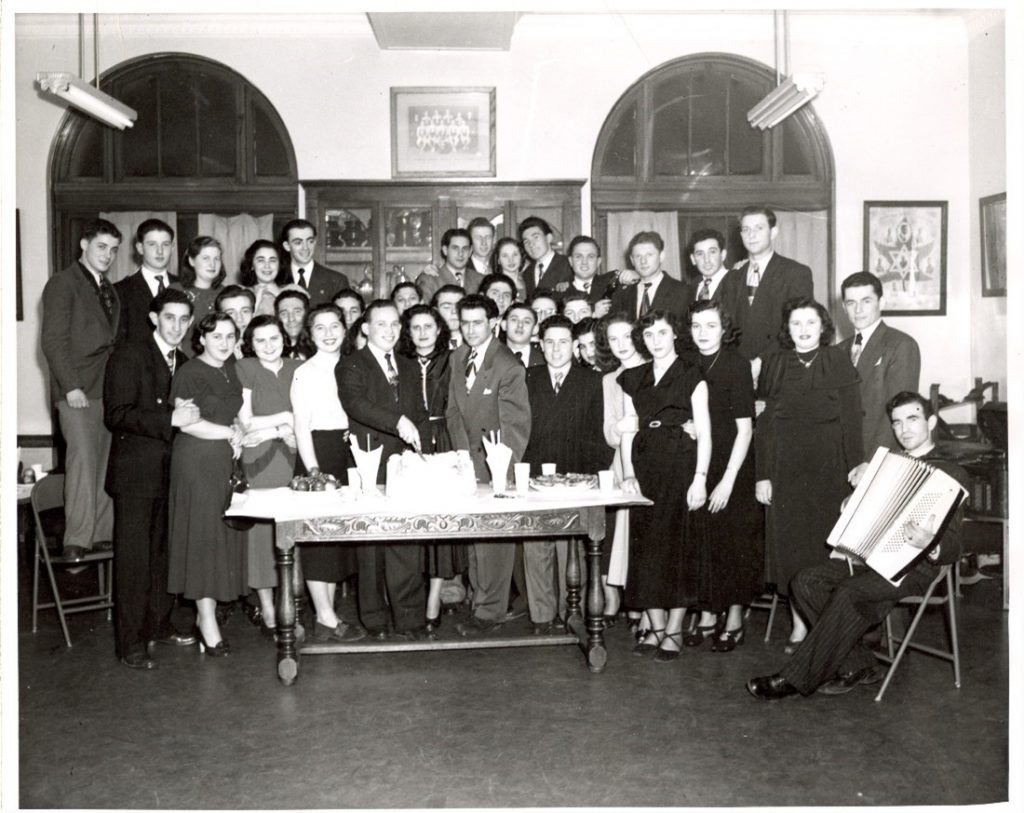Module 1: Oral History
Concluding Reflection

This module introduced students to Oral History and Memory Studies as a field, to the evolution of Holocaust testimony, and to the opportunities and challenges of learning from the voices and experiences of Holocaust Survivors. The following questions encourage you to reflect on and synthesize the content and ideas from this module.
Concluding Reflection Questions:
- What do we gain from focusing on the memories of Holocaust survivors in our understanding of the Holocaust and Antisemitism?
- How do we balance a respect for the subjectivities involved in remembering atrocities like the Holocaust with the concern for capturing the truth of an important historical event?
- How has the evolution of testimony, and its slow acceptance by mainstream society, influenced the way in which we listen to and understand survivors today?
- What are the ethical and political dilemmas inherent in engaging with oral histories and testimonies of Holocaust survivors?
- What does a collaborative and democratic approach to listening to survivors, and making meaning of their experiences, have to offer? Why does it matter how we listen?
- What does it mean to embrace the complexities of the survivor experience?
Further Reading

